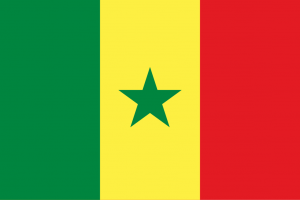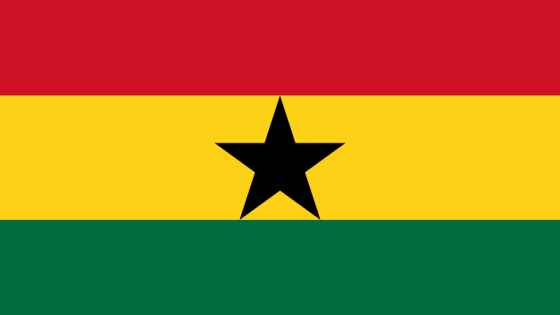
Ghana is often considered one of Africa’s most welcoming and inspiring countries. With its deep historical roots, diverse landscapes, and energetic cultural scene, Ghana stands as a proud symbol of African resilience, independence, and creativity. Whether you’re exploring coastal forts, trekking through lush forests, or dancing to Afrobeats in Accra, Ghana offers a dynamic and enriching experience for every kind of traveler.
Ghana stands tall as a symbol of African independence, creativity, and community. Its deep roots and forward-looking spirit make it one of the most exciting and meaningful destinations on the continent. Whether you’re tracing the paths of ancestors, dancing under the stars in Osu, or enjoying jollof with locals, Ghana has a heartbeat that stays with you long after your visit. So pack your bags and get ready to say “Akwaaba!”—Ghana is ready to welcome you home.


